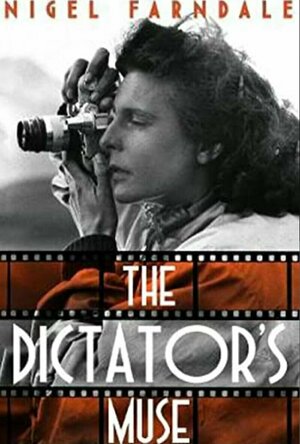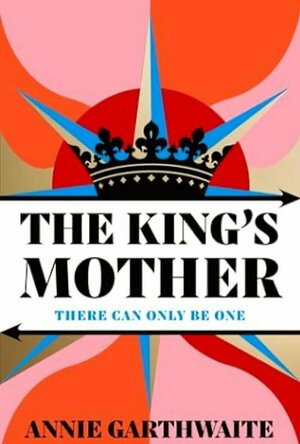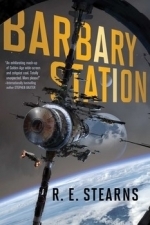
Barbary Station
Book
Two engineers hijack a spaceship to join some space pirates—only to discover the pirates are...
Science fiction
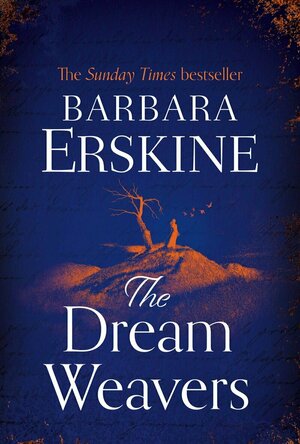
The Dream Weavers
Book
Mercia, 788 AD In the grand Saxon halls of Mercia, King Offa rules with cold ambition. His youngest...
Historical fiction Anglo-Saxons King Offa Offa’s Dyke
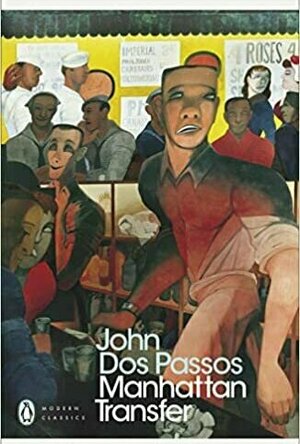
Manhattan Transfer
Book
A modernist masterwork that has more in common with films than traditional novels, John Dos Passos'...
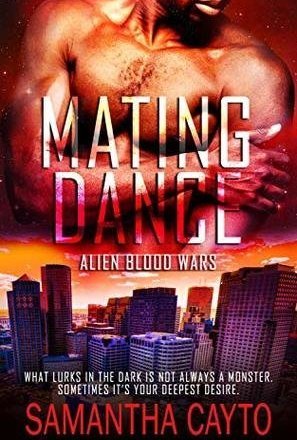
Mating Dance (Alien Blood Wars #5)
Book
What lurks in the dark is not always a monster. Sometimes it’s your deepest desire. Trey...
Science Fiction Romance M_M Erotic
ClareR (6081 KP) rated The Dictator’s Muse in Books
Jan 10, 2023
Hitler is in power, and one of his most respected film makers, Leni Riefenstahl, has been tasked with filming the Berlin Olympics. She has to tread a fine line between the film-making she wants to create and that of the Nazi propaganda machine.
Meanwhile, back in England, Kit is training for the olympics whilst holding down a full time job and trying to impress his upper class girlfriend. He discovers he can get sponsorship through Oswald Mosley’s British Union of Fascists, even though he isn’t by any means a fascist.
Alun is a Welsh Communist, who has been tasked with infiltrating the Blackshirts.
Leni seems to be in a state of permanent dread, because even those who are staunch Nazis aren’t safe from being taken down by the SS.
There’s a lot going on in this book, and it sounds like it should be confusing. But it’s really not. It wasn’t fact, unputdownable.
There’s a great mystery threaded through this, introduced by a modern day character, an academic called Sigrun Meier.
Historical fiction AND a mystery - what’s not to like?!
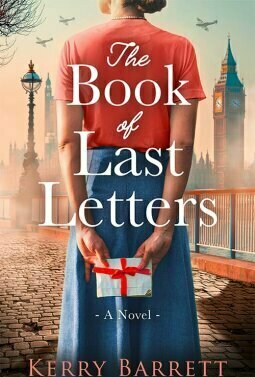
The Book of Last Letters
Book
Inspired by an incredible true story, a young nurse captures the final letters of injured soldiers...
World War II Historical Fiction Literary Saga
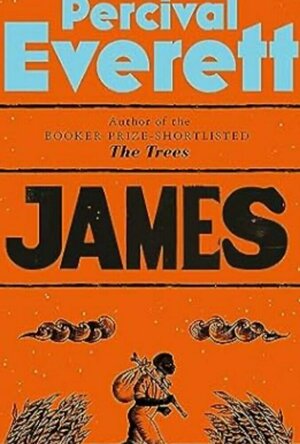
James
Book
Enthralling and ferociously funny, James by Percival Everett is a profound meditation on identity,...
Historical Fiction Slavery Retellings Huckleberry Finn
ClareR (6081 KP) rated The King’s Mother in Books
Jan 7, 2025
This novel explores those things that the women, in particular, would have experienced. Their lives wouldn’t have just been about waiting for their husbands, sons and fathers to come home, it would have been about the relationships with other women, their children, and in Cecily’s case, about her relationship to the throne and those in power.
Cecily was a formidable woman (as was Henry VII’s mother, Margaret Beaufort). She saw the death of her husband, sons, and regime changes. She backed her sons up, no matter her personal opinions. She was unendingly loyal - but anyone else was fair game!
This is such a well-researched, gripping read. I would have hated to have been in Cecily’s shoes, and she proved that power didn’t always bring happiness.
This was a fabulous read, and I will go back and read Cecily. If you enjoy historical fiction, then this would be a great addition to your TBR!
It's not a happy, frolic-through-the-daisies type of story. We're talking not only about war, but child abuse, human trafficking and rape. It can be quite disturbing, if that type of thing isn't your cup of tea. But if that doesn't particularly bug you, it's a fantastic book.
One thing that really bugs me, though, is how so many people insist there's slash. As a person who's not into that kind of thing, that originally turned me off of reading it, because I had a bad feeling the main character, Jos, was going to find healing comfort from his trauma in the loving arms of another guy, and it would go downhill from there.
Luckily, I decided to read it anyway. And I don't see very much slash there. Sure, one character definitely has a thing for Jos, and the villain's a real creep, and then there's a character who's gay by Word Of God, but that's it for this book. The rest of it's pretty much characters insinuating, which is designed to anger other characters. That's it.
Jos, himself, is on the asexual side. He treats attraction as a completely alien concept. Niko is a surrogate father to him. I see him as feeling responsible for protecting Evan. Evan, who frustrates him a great deal. And one time, Jos seriously needed a hug, and fell asleep while being hugged. Woke up, and went right back to the asexual, PTSD, Hates-Being-Touched Jos we know and love.
None of that makes him gay. And three characters who are bi or gay does in no way a majority make. Sure, the shipping potential is there for fans if they want to use it, but certain type of fans are always finding stuff where there's canonically nothing.
In short, one of the best books I've read, and I absolutely loved the main character. He is not gay, and neither are the majority of characters.
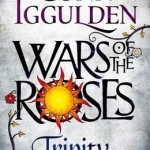
Wars of the Roses: Trinity
Book
The brilliant retelling of the Wars of the Roses continues with Trinity, the second gripping...
